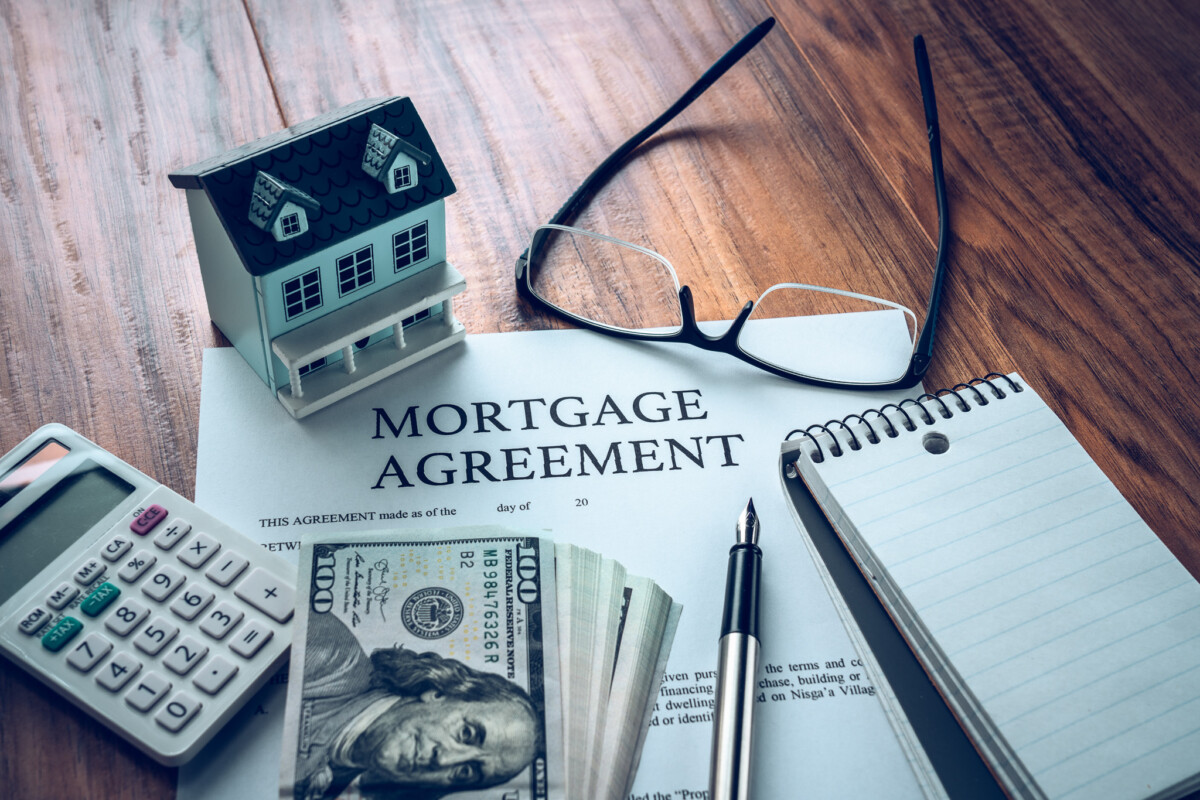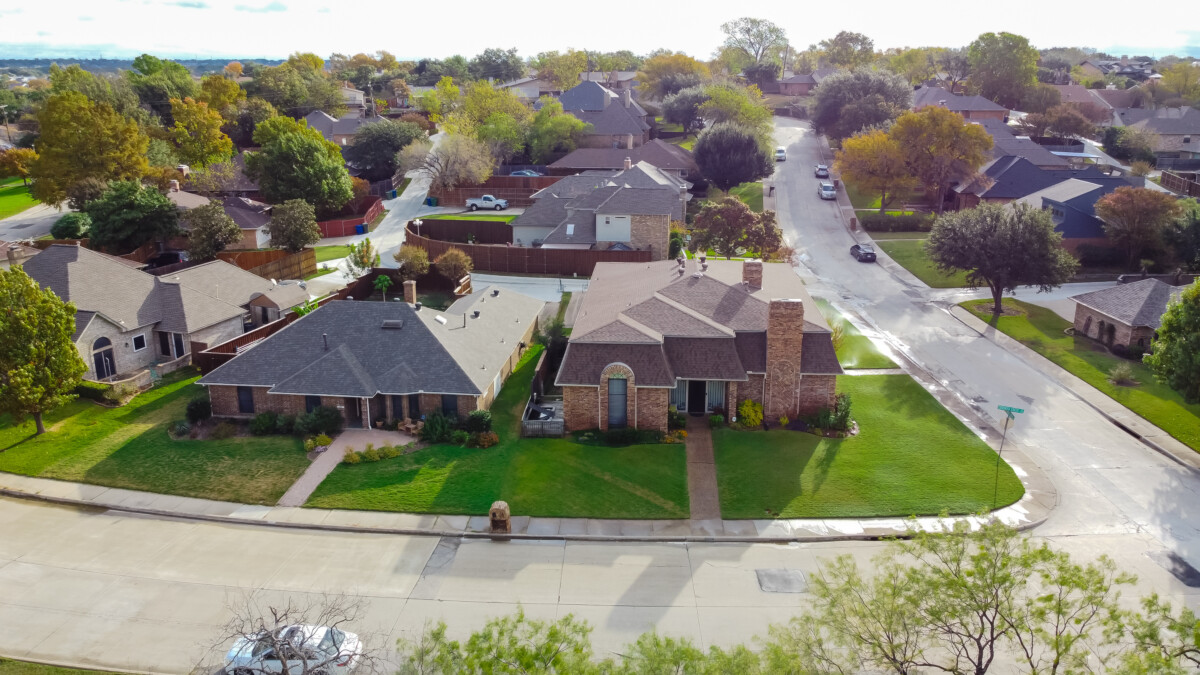Securing a small home loan can be essential for many aspiring homeowners. Understanding the process is crucial if you’re looking to buy your first home, downsize, or invest in a modest property. Here’s a comprehensive guide on how to get a small home loan in 2025.
Understand What a Small Home Loan Is
A small home loan typically means a mortgage amount lower than the average loan size in a particular area. These loans are often sought for purchasing smaller properties, homes in rural or less expensive areas, or fixer-uppers. Lenders may treat small loans differently due to the lower profit margins, so being prepared is key.
Assess Your Financial Situation
Before applying for a home loan, evaluate your financial readiness:
- Credit Score: Check your credit score and address any inaccuracies. Aim for a score of 620 or higher, although some lenders may accept lower scores for small loans.
- Income and Expenses: Calculate your monthly income and expenses to determine your debt-to-income (DTI) ratio. A DTI below 43% is generally preferred.
- Savings: Ensure you have enough savings for a down payment, closing costs, and an emergency fund.
Research Lenders
Not all lenders specialize in small home loans. Here’s how to find the right one:
- Community Banks and Credit Unions: These institutions often cater to local buyers and may offer favorable terms for small loans.
- Online Lenders: Many online platforms provide competitive rates and cater to borrowers with unique needs.
- Government Programs: Look into FHA, USDA, and VA loan programs, which are designed to help homebuyers with smaller budgets.
Improve Your Eligibility
Enhancing your loan eligibility can make the approval process smoother:
- Pay Down Debt: Reduce outstanding debt to improve your DTI ratio.
- Increase Your Down Payment: A higher down payment can reduce the loan amount and demonstrate financial stability.
- Build Credit: Pay bills on time and lower credit card balances to boost your credit score.
Choose the Right Loan Program
Several loan options are available for minor home loans:
- Conventional Loans: Ideal for borrowers with good credit and a solid financial history.
- FHA Loans: Backed by the Federal Housing Administration, these loans have lenient credit requirements and low down payment options.
- USDA Loans: Designed for rural and suburban buyers, these loans offer zero-down-payment options for eligible applicants.
- VA Loans: Available to veterans, active-duty service members, and eligible spouses, VA loans provide attractive terms without requiring a down payment.
Gather Necessary Documentation
Prepare the following documents for your application:
- Proof of income (pay stubs, tax returns, or bank statements)
- Credit report
- Employment verification
- List of assets and liabilities
- Identification (driver’s license, passport, etc.)
Get Pre-Approved
A mortgage pre-approval demonstrates to sellers and real estate agents that you’re a serious buyer. During this process, the lender will review your financial information to determine the loan amount for which you qualify. Pre-approval can also help you identify potential challenges early on.
Shop for Properties Within Your Budget
Once pre-approved, focus on homes within your price range. Consider additional property taxes, homeowners insurance, and maintenance expenses. Working with a real estate agent can help you find properties that meet your criteria.
Submit Your Loan Application
When you find the right property, complete your loan application. Be prepared to:
- Provide detailed financial information.
- Pay application fees.
- Cooperate with the lender’s underwriting process, which may include an appraisal and inspection of the property.
Close the Loan
After your loan is approved, you’ll proceed to closing. This step involves signing the final paperwork, paying closing costs, and receiving the keys to your new home. Review all documents carefully and ask questions if anything is unclear.
Tips for Success
- Work with a Mortgage Broker: A broker can help you compare lenders and find the best rates for small loans.
- Negotiate Terms: Don’t hesitate to negotiate interest rates, fees, or other terms with your lender.
- Stay Organized: Keep track of deadlines and required documents to avoid delays.
- Consider a Co-Signer: If your financial profile is weak, a strong credit co-signer can improve your chances of approval.
Challenges and How to Overcome Them
Limited Lender Options
Some lenders may be reluctant to offer small loans due to lower profitability. Overcome this by:
- Exploring local lenders.
- Seeking out lenders specializing in small or niche markets.
Higher Interest Rates
Small loans can carry slightly higher interest rates. Address this by:
- Improving your credit profile.
- Shopping around for the best rates.
Stricter Requirements
Lenders may have stricter requirements for small loans. Tackle this by:
- Providing a larger down payment.
- Demonstrating stable income and employment.
Conclusion
With the proper preparation and strategy, getting a small home loan in 2025 is achievable. By understanding your financial situation, researching lenders, and improving your eligibility, you can secure a loan that meets your needs. Stay proactive, organized, and informed to confidently navigate the process and make your dream of homeownership a reality.
Thank you for reading! If you enjoyed this article and want to explore more content on similar topics, check out our other blogs at Sonic Loans, Sonic Realty, and Sonic Title. We have a wealth of information designed to help you navigate the world of real estate and finance. Happy reading!
Are you looking for the right loan? Check out Sonic Loans for tailored mortgage solutions that make home financing simple and efficient.
Impact of Remote Work on Real Estate Trends
Understanding Real Estate Market Cycles
Digital Marketing Strategies That Sell Homes Faster – Market Insights
Should You Renovate or Sell As-Is? A Decision Guide
The Art of Negotiation: Responding to Offers and Counteroffers
Timing the Market: Best Seasons to List Your Home
How School Districts Impact Property Values and Investment Potential for Sellers
Understanding Property Taxes
How to Win a Bidding War Without Overpaying












